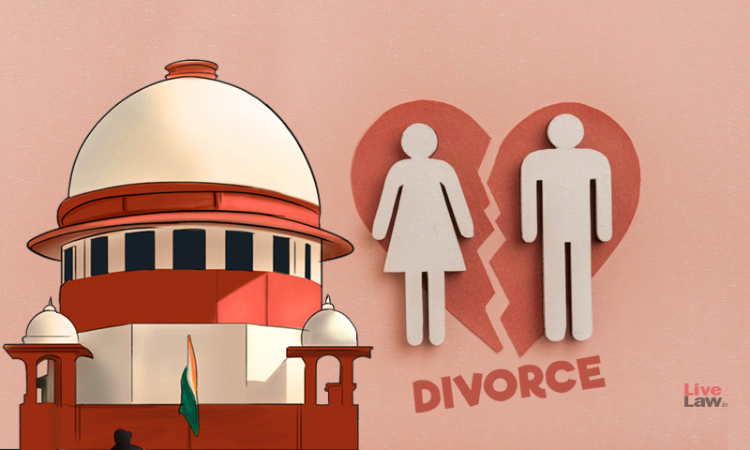Can Divorced Wife Claim Right To Residence Under Domestic Violence Act?
Ashok Kini
18 Oct 2020 9:30 AM IST

Next Story
18 Oct 2020 9:30 AM IST
The Supreme Court in a recent judgment [Satish Chander Ahuja vs. Sneha Ahuja] held that a woman can claim right to residence in the houses owned by relatives as well. This means that, she can seek residence order with respect to property which belongs to in-laws, if she and her husband lived there with some permanency after marriage.What happens after divorce of a married couple? Can a...
